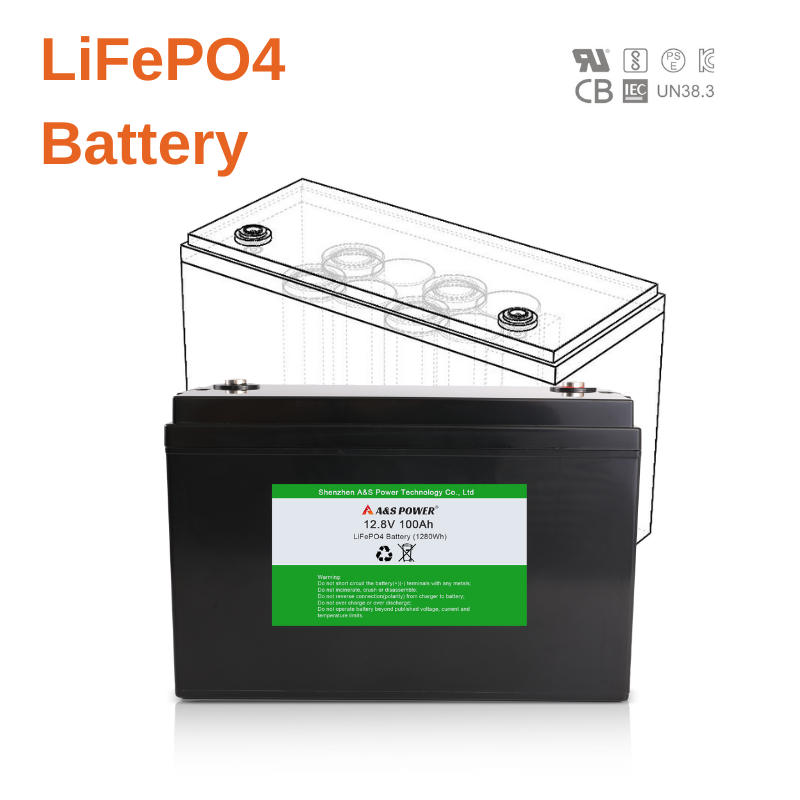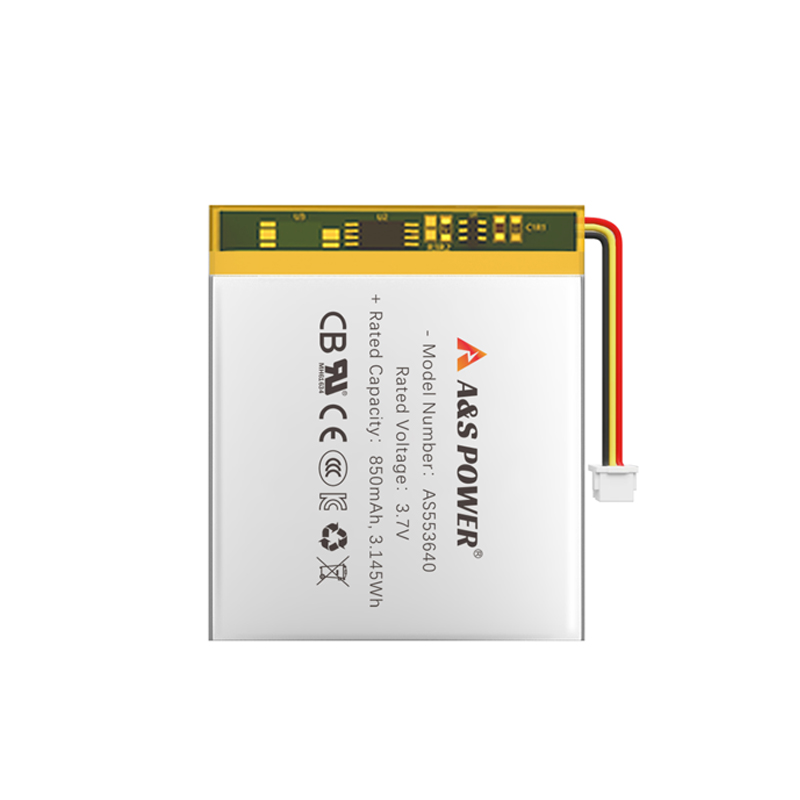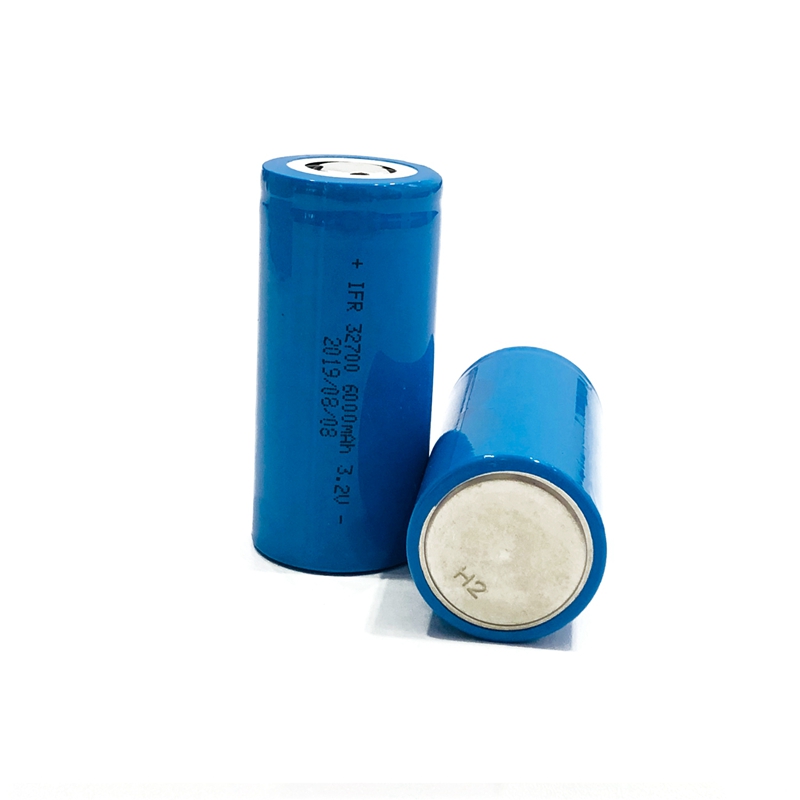How to Extend the Lifespan of Lithium-Ion Batteries: 10 Practical Tips
2025-04-02
Lithium-ion batteries power many of our everyday devices, from smartphones and laptops to electric vehicles and power tools. While they are efficient and long-lasting, they do degrade over time. However, by following a few simple strategies, you can significantly extend their lifespan and get the most out of your battery-powered devices. Below are 10 practical tips to help you preserve the life of your lithium-ion batteries.
1. Avoid Full Discharges
Lithium-ion batteries degrade faster when they are completely discharged. Instead of waiting until your battery reaches 0%, try to keep it above 20%. Frequent full discharges can shorten the battery’s overall lifespan.
2. Charge Between 20% and 80%
Keeping your battery within the 20-80% charge range is ideal. This avoids the strain caused by both overcharging and deep discharges. Many devices now offer "optimized charging" features to help maintain this range automatically.
3. Use the Right Charger
Always use the charger designed for your device. Using a charger with a different voltage or current rating can overheat the battery, leading to quicker degradation. Fast chargers can also stress the battery, so it's better to use standard charging speeds when possible.
4. Avoid Heat Exposure
Excessive heat is one of the leading causes of lithium-ion battery degradation. Try to keep your device in a cool environment, and avoid charging it in direct sunlight or leaving it in a hot car. Heat accelerates the chemical reactions inside the battery, reducing its lifespan.
5. Store Batteries at 50% Charge
If you're not going to use a battery for a long period, store it at around 50% charge. Storing a fully charged or fully discharged battery can lead to faster degradation over time. Keep it in a cool, dry place to further preserve its life.
6. Avoid Extreme Cold
Just like heat, extreme cold can damage lithium-ion batteries. Cold environments slow down the chemical reactions within the battery, making it less efficient. Try to keep your devices in moderate temperatures whenever possible.
7. Minimize Power-Hungry Tasks
Certain tasks, like gaming or running high-performance applications, consume more power and generate heat. Regularly running your battery-intensive programs can lead to a faster decline in battery capacity. Whenever possible, minimize tasks that put heavy strain on the battery.
8. Turn Off Unnecessary Features
Turning off features like Bluetooth, Wi-Fi, and location services when not in use can help conserve battery life. This reduces the overall load on your battery, leading to fewer charge cycles and a longer lifespan.
9. Keep Software Updated
Manufacturers often release software updates that include optimizations for battery life. Make sure your devices are always running the latest firmware, as these updates can help improve power efficiency and reduce battery stress.
10. Limit Fast Charging
While fast charging is convenient, it can generate more heat and stress the battery. If you don’t need a quick charge, use regular charging speeds to extend the battery's life.












